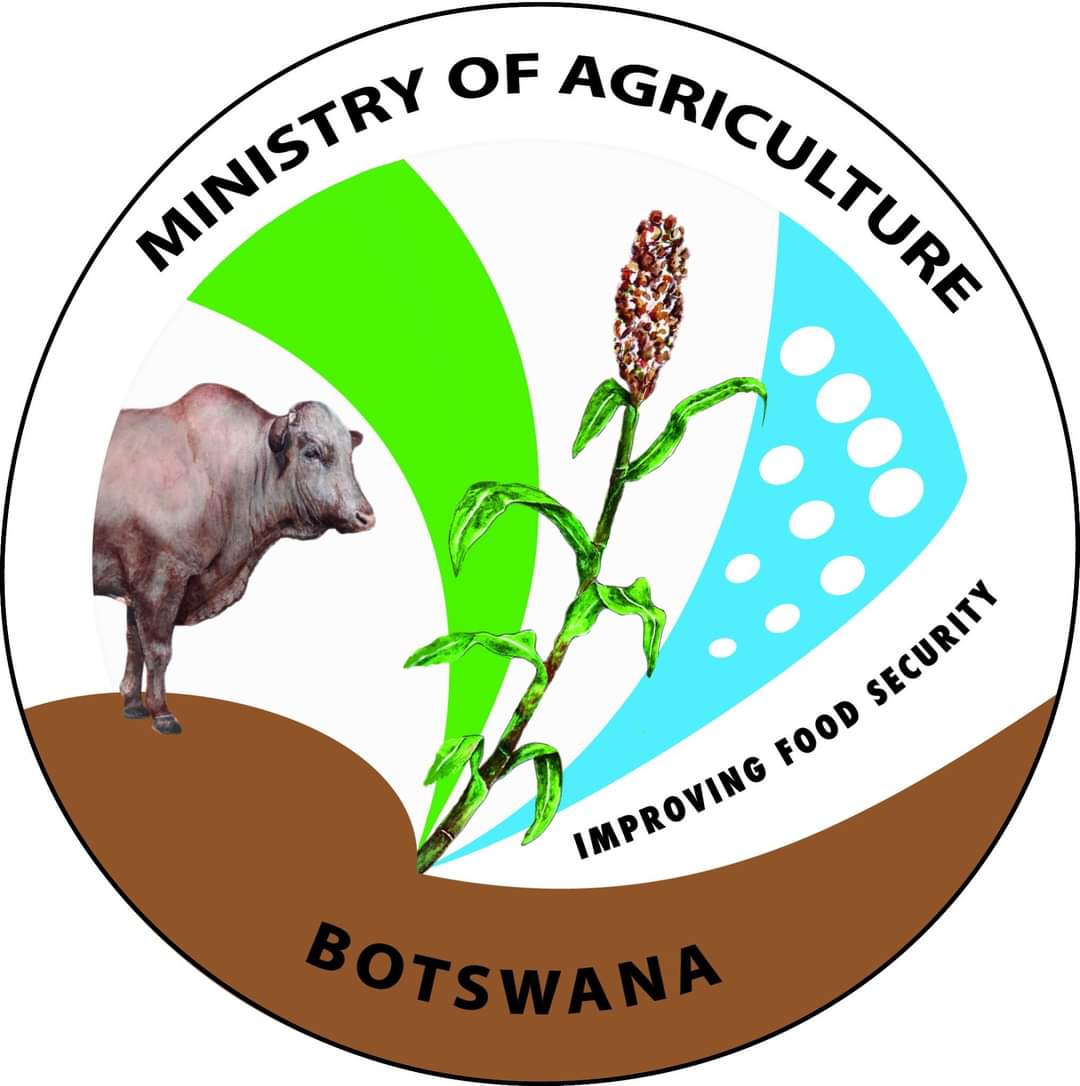Botswana, like many countries in Southern Africa, faces recurring challenges posed by drought, significantly impacting agricultural productivity and household food security. As the nation prepares for the 2023/24 season, the government and various stakeholders are implementing crucial relief measures to mitigate the effects of drought and ensure food security for its citizens.
Understanding the Impact of Drought
Drought is a persistent issue in Botswana, exacerbated by climate change and irregular rainfall patterns. The agricultural sector, which largely depends on rain-fed farming, suffers immensely during drought periods. Reduced crop yields, livestock losses, and diminished water resources create a ripple effect throughout the economy, affecting food availability and affordability for households.
Government Initiatives and Relief Measures
- Early Warning Systems and Preparedness: The Botswana government, through its Ministry of Agricultural Development and Food Security, has strengthened early warning systems. These systems help anticipate drought conditions early, allowing for proactive measures to be taken. Early warnings enable farmers to adjust planting schedules, adopt drought-resistant crop varieties, and implement water-saving techniques.
- Support for Agricultural Resilience: To enhance agricultural resilience, the government provides support for smallholder farmers. This includes subsidized access to drought-tolerant seeds, fertilizers, and agricultural machinery. Extension services are also intensified to educate farmers on sustainable farming practices and climate-smart agriculture.
- Water Resource Management: Effective water resource management is crucial during drought periods. The government invests in infrastructure projects such as dams, boreholes, and irrigation schemes to improve water access for agricultural purposes. Additionally, water conservation campaigns promote responsible water usage among farmers and communities.
- Social Safety Nets and Food Aid: Recognizing the vulnerability of households during drought-induced food shortages, Botswana implements social safety nets. Vulnerable populations, including low-income families and drought-affected communities, receive targeted food aid and nutritional support. This ensures that basic food needs are met, safeguarding the nutritional well-being of the population.
- Community-Based Initiatives: Community resilience is fostered through collaborative efforts involving local organizations, NGOs, and community leaders. Programs focusing on sustainable land management, community gardens, and income-generating activities empower communities to withstand drought impacts independently.
Looking Ahead: Sustainable Solutions and Adaptation
As Botswana continues to confront drought challenges, sustainable solutions and long-term adaptation strategies are prioritized. Investing in climate-resilient agriculture, enhancing water efficiency, and integrating modern technologies are key components of the national strategy. Moreover, partnerships with regional and international organizations facilitate knowledge exchange and resource mobilization for comprehensive drought management.
The 2023/24 season in Botswana is marked by proactive measures and collaborative efforts aimed at mitigating drought impacts on household food security. Through government interventions, community engagement, and sustainable practices, Botswana strives to build resilience, ensure food availability, and safeguard the well-being of its population in the face of recurring droughts. By focusing on adaptation and preparedness, Botswana sets a precedent for proactive drought management, offering a blueprint for other regions grappling with similar challenges in the era of climate change.










